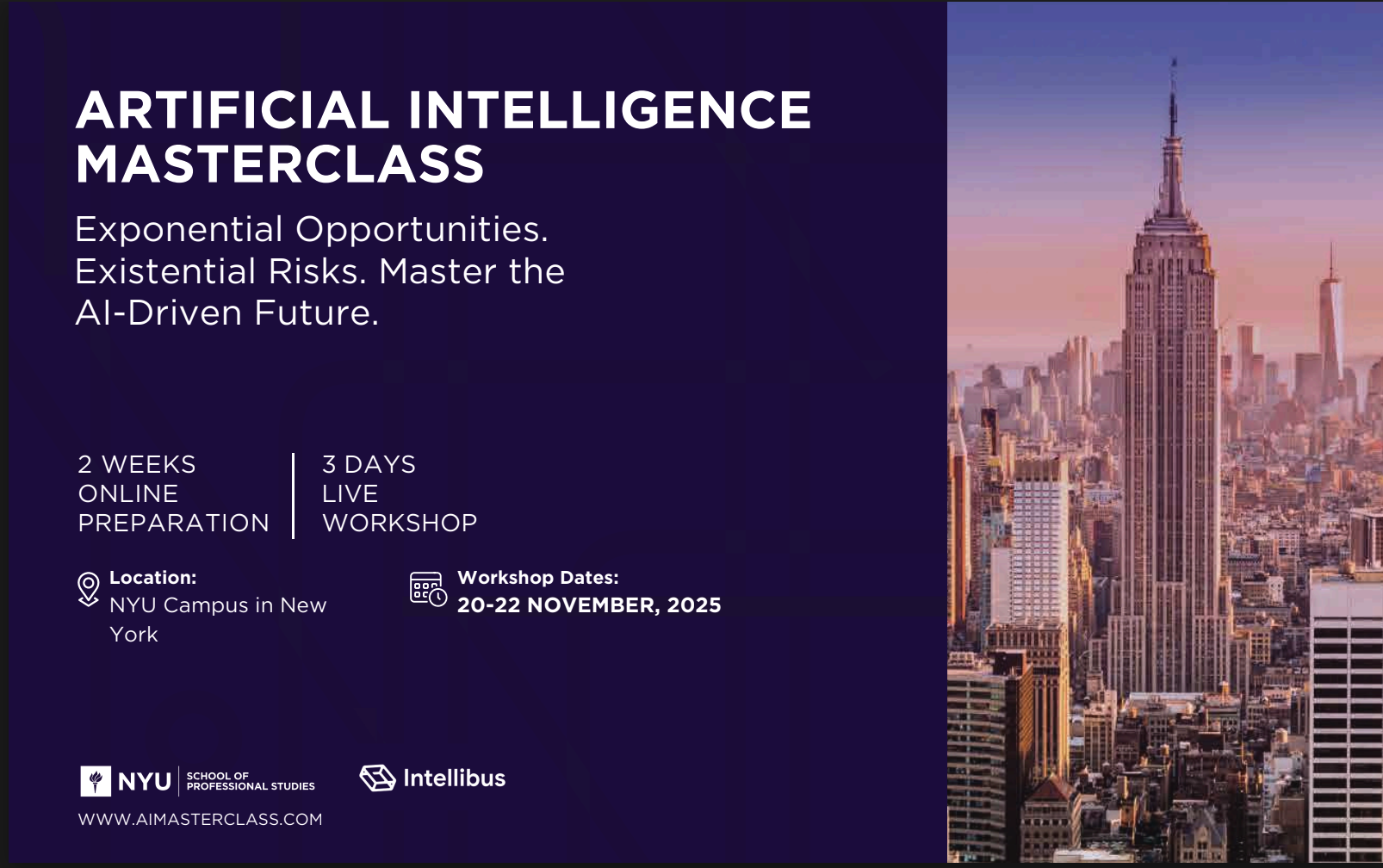What is Quantum Computing for Machine Learning?
Quantum Computing for Machine Learning: An Overview
Quantum computing is an emerging technology with the potential to revolutionize machine learning. By leveraging the principles of quantum physics, quantum computers can process information in ways that traditional computers cannot, enabling a new realm of possibilities for machine learning applications.
Characteristics of Quantum Computing in Machine Learning
Quantum computers harness certain phenomena in quantum mechanics to perform computations. Unlike their classical counterparts which process information in binary (0s and 1s), quantum systems operate in a superposition of states, allowing them to perform multiple calculations simultaneously. This characteristic is especially beneficial in machine learning systems.
- Broad Applicability: Quantum computing in machine learning can be applicable in a wide range of industries, from financial modeling and climate prediction to drug discovery and cyber security, thanks to its problem-solving prowess capable of handling complex computations.
- Advanced Features: Quantum algorithms, such as the Quantum Approximate Optimization Algorithm (QAOA) and the Variational Quantum Eigensolver (VQE), offer innovative ways to address complex machine learning problems, many of which are computationally intractable for classical computers.
- Limited Customization: Quantum computers are a developing technology and their customization capabilities can be limited. While developers are making strides in creating accessible quantum programming languages and open-source software, the technology is still in an experimental stage.
- Vendor-Specific Resources: Many top tech companies like Google, IBM, and Microsoft are investing heavily in quantum computing and machine learning, offering cloud-based quantum services and resources to help developers experiment with and learn more about this technology.
- Economics Aspect: It's no walkover that quantum computing resources can be expensive and time-consuming to develop and maintain. However, the investment in quantum computing can provide a significant payoff in the long run, solving problems that are currently beyond the reach of classical computers.
Artificial Intelligence Master Class
Exponential Opportunities. Existential Risks. Master the AI-Driven Future.
Use of Quantum Computing in Machine Learning
Quantum computers’ advanced processing capabilities have the potential to dramatically accelerate machine learning tasks, leading to more sophisticated and accurate models. Some potential applications include:
- Accelerating Training Times: The simultaneous processing capabilities of quantum computing can significantly accelerate the training times of machine learning models, an often time-consuming process in machine learning.
- Enhanced Optimization: Quantum computing can help solve complex optimization problems in machine learning that can be time-consuming or even unsolvable on classical computers.
- Improved Unsupervised Learning: Quantum computing can provide a significant boost to unsupervised learning, a machine learning technique where the system learns from data without previous training.
Despite the potential advantages, there are still challenges that need to be addressed:
- Limited Hardware Availability: Quantum computers are still in their infancy and aren't as broadly available as classical computers. Many of the currently available quantum systems are prototypes with limited qubits, the quantum version of computer bits.
- Vendor Dependence: The field is still dominated by a few tech companies, which might lead to significant dependence on these vendors for quantum computing resources.
- Integration issues: The integration of quantum computing with traditional IT infrastructure presents significant challenges. There are also difficulties in integrating with existing machine learning software as quantum computing requires specialized algorithms.
- Training and Support: Quantum computing requires a comprehensive understanding of both quantum physics and computer science. There's a need for more training and educational resources to enable a wider audience to explore this new technology.
- Data Privacy: Quantum computers have the potential to crack many of today's encryption algorithms, posing significant data privacy challenges.
- Future-Proofing: Rapid advancements in quantum technologies might make older systems obsolete quickly, requiring upgrades or replacements at a potentially high cost.
Despite these challenges, the potential of quantum computing in machine learning is immense. By adequately understanding and addressing these concerns, businesses and organizations can strategically plan and adopt quantum computing technologies to leverage their potential in improving machine learning capabilities.
Planning for Quantum Computing in Machine Learning
To effectively integrate quantum computing into a machine learning workflow, businesses must carefully evaluate their needs, identify which tasks might benefit from quantum computations, and assess the costs and resources required to implement and maintain quantum technologies. By keeping abreast of advancements in the field, businesses can make informed decisions and strategically plan for a future where quantum computing could be a game-changer in machine learning.
Take Action

Download Brochure
- Course overview
- Learning journey
- Learning methodology
- Faculty
- Panel members
- Benefits of the program to you and your organization
- Admissions
- Schedule and tuition
- Location and logistics



